Rachel Hartman is the author of the acclaimed and New York Times bestselling YA fantasy novel Seraphina, which won the William C. Morris YA debut Award in 2013, and the New York Times bestselling sequel Shadow Scale and Tess of the Road. Rachel lives with her family in Vancouver, Canada. In her free time, she sings madrigals, walks her whippet in the rain, and is learning to fence. To learn more, please visit SeraphinaBooks.com.
I had the opportunity to interview Rachel which you can read below.
First of all, welcome to Geeks OUT. Could you tell us a little about yourself?
My name is Rachel Hartman, and I was born in Medieval Kentucky, nearly 50 years ago. I’ve lived in a variety of fascinating places, such as England, Japan, and Philadelphia, before finally settling in Vancouver, Canada. In the before-times (sigh) I loved to travel, sing with a madrigal choir (the QuasiModals), and fence with my 80-year-old swordmaster. Nowadays I walk my whippet in the rain, sing sean nόs songs all on my own, and teach creative writing at UBC.
When did you know you were first interested in writing, and what drew you specifically to young adult fiction and fantasy?
I had always been a voracious reader, but I first became interested in writing in sixth grade. That teacher, Mrs. Chamberlain, was the first to give me creative assignments, and I would write twenty pages if she assigned five, that’s how interested I was (by contrast: I could barely find time to finish my math). As for young adult fiction and fantasy, that’s what I loved most and was reading in those days, so that’s what I started writing. After a detour in university, when I decided it was time to “grow up” and read “real literature,” I got right back to fantasy and YA as soon as I graduated, and I’ve never looked back.
I write for young people, really, because that’s the age I was when books were still magic to me, when a single book still had the power to change my life, and to say thank-you to all the authors who’d helped me through difficult times at that age. I might attempt an adult novel at some point, but I would never not write fantasy, or some kind of speculative fiction. I use fiction as a laboratory for thought experiments, and as a way of mythologizing my experience. Setting something in the real world would feel very constricting and uncomfortable for me.
How would you describe your upcoming book, In the Serpent’s Wake? Where did the inspiration for this story come from?
In the Serpent’s Wake is the second book in a duology, and is most easily understood in context with the first. The first book, Tess of the Road, asked, “After grief and trauma, how do you find yourself and become the protagonist of your own life again?” The second book then asks, “Once you’ve become the protagonist of your own life, how can you learn to set yourself aside occasionally and help other people become the protagonists of theirs?”
Honestly, both my duologies seem to follow this same pattern: first you address your inner issues, then you take that new knowledge out into the wider world and see how (or whether) it applies.
In the Serpent’s Wake is a continuation of your previous work, Tess of the Road. How do you feel you may have changed or evolved as a writer since that book and since the publication of your debut novel, Seraphina?
I change with every book. Novels are so long (at least, mine are) that by the time I get to the end, I am a different person than I was at the beginning. I’ve learned so much, not least about myself. It’s challenging to go all the way back to Seraphina and remember how I was different then. Certainly there are tropes I used then that I wouldn’t use now. There was some fatphobia, alas. But, we screw up and we (hopefully) learn.
I will say, on a less abstract level, I’ve learned to handle a complicated storyline better. Shadow Scale, the sequel to Seraphina, was really too much story to be contained in one viewpoint character. I’m learning to let other characters carry some of the burden of narrative.
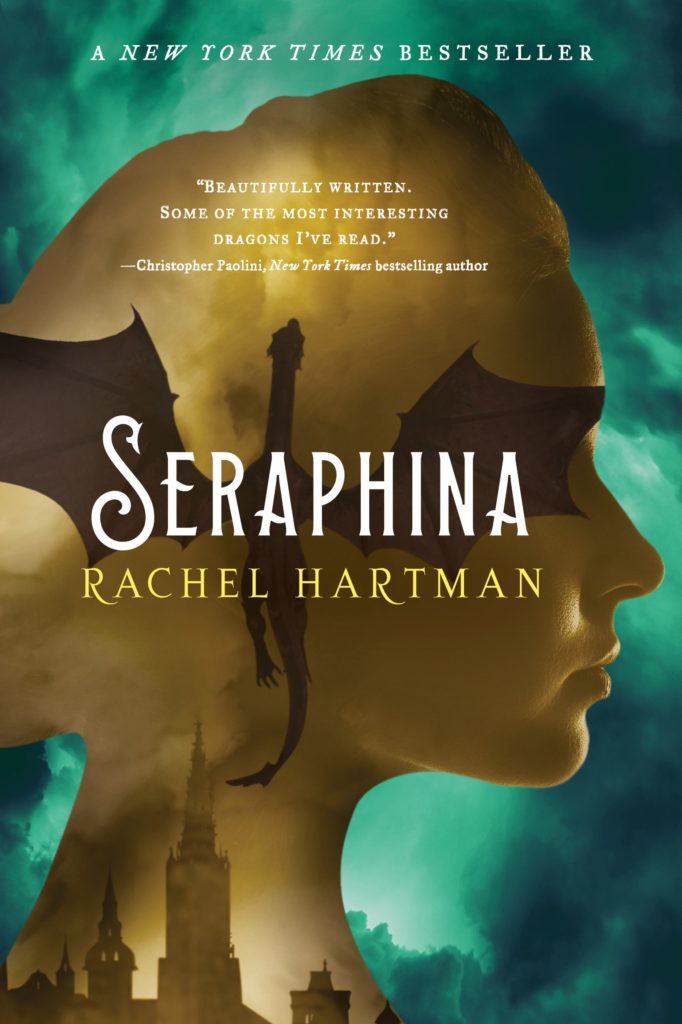
Since Geeks OUT is a queer centered website, could you tell us a bit about the LGBTQ+ characters featured in your latest book?
I have tried to give LGBTQ+ characters prominent positions in all my books. I am bi myself, and have abundant queer family and friends, so a fictional world would not feel complete to me without characters of varied orientations and presentations. I made up a six-gendered civilization in my second book, Shadow Scale, just to give a trans character a comfortable place to live, so this has been an ongoing interest of mine.
The first one you’ll meet in Serpent is Spira, since the first chapter is from their perspective. Spira is a dragon (in human form), who ends up questing after their proper pronouns (they does not end up being exactly correct, but I’m using it here because that’s where they start). Then there’s their human love interest, Hami, who I hesitate to label because I still don’t know everything about him. There’s Argol, a Porphyrian sailor, who uses a neutral pronoun in her native language but is content with she in Ninysh. The quigutl – a subspecies of dragon – change sex several times over their lifespans. And there are hints of Tess being bi (which she is), but the book was so long and she doesn’t have a romance subplot, really. You’d kind of have to know it was there to even see it, haha. Kind of like me, I suppose.
Growing up, were there any books or authors that touched you or inspired you as a writer or made you feel seen? Are there any like that now?
Robin McKinley’s The Hero and the Crown was an early inspiration, I would have to say, as well as Lloyd Alexander’s Prydain Cycle. I actually got to meet Lloyd Alexander a few years before he died, and say thank you, which is such a rare thing. As an adult, the books that have touched me most closely are Lois McMaster Bujold’s Chalion books, particularly The Curse of Chalion, and Terry Pratchett’s Discworld books.
When Terry Pratchett died, I was supposed to do a school presentation that day. I was terrified that the kids would ask “Who is your favourite author?” and I would burst into tears in front of the entire 8th grade. Well, they asked, and I did, in fact, cry. But I was able to say to them, “This is the power of books, kids – someone I never met has touched my life so profoundly that I’m crying because he’s gone.” And that moment of vulnerability worked some kind of strange alchemy, and it was like we were all friends after that. I was singing to them, by the end, which I never do.
How would you describe your writing routine or process? What are some of the enjoyable, hardest, and strangest parts about writing for you?
I’m not great about routine. The one constant is that I get up early to work. You might suppose this means I am a morning person, but not really. My Inner Editor – that critical voice that tells me I suck – sleeps in late, so I like to get some work in before she starts yammering at me. All my strangest, wildest ideas come to me then, and there’s no Voice to veto any of it. It’s great.
One of the strangest, most enjoyable, and simultaneously frustrating parts of writing, for me, is that I am a very intuitive writer. And by “intuitive” I mean my brain works by taking in lots of information, turning it over and over (picture a composter), and letting it all ferment into something astonishing. It takes time, and you can’t force it, and that can get frustrating in a world of deadlines and obligations. If I can be patient, however, my brain always comes through with some delightful surprise.
What are some of your favorite craft elements when it comes to writing?
I hate confessing this because it makes me sound like a weirdo, but I love syntax. Like, what order the words go in. I can sit with a single sentence and change the order of words for hours, until finally I end up with… almost the sentence I started with, but for a slight change that no one will register but me. This, to me, is a joyous occupation.
I’m also a big fan of a really good metaphor. They’re not easy to get just right, but when they’re spot-on, they almost feel more true than the unadorned truth.
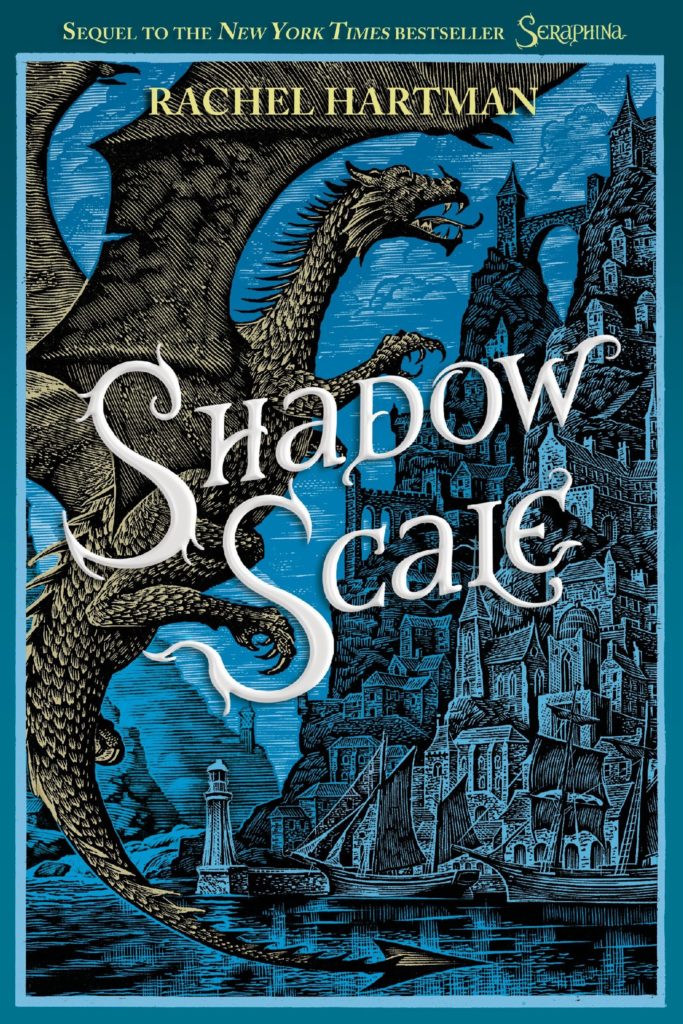
Did you draw on any resources for inspiration while writing your debut book, i.e. books, movies, music, etc.? Where do you draw inspiration or creativity in general?
For my first book, I was inspired by Medieval and Renaissance music. Actually, who am I kidding, music inspires all my books – you can find egregious madrigal and prog rock references all over the place, mostly song titles, if you know what to look for. Shadow Scale was largely Pink Floyd, I recall. In the Serpent’s Wake contains a lot of YES titles.
I am also deeply inspired by nature. This has always been the case for me, but I usually forget to credit it because it just seems like part of my day. The pandemic has underscored for me that I have to go outside amongst living things every day. If you looked at the pictures on my phone, you’d think there was nothing in my life but flowers and mushrooms. Ironically, I can’t keep a houseplant alive. I figure my proper orientation to plants is to observe them quietly and let them do the growing all on their own, outdoors. They know what they’re doing.
Aside from writing, what are some things you would want others to know about you?
I’m a very introverted individual, and it’s a big challenge just opening up about the writing!
What advice would you give to other aspiring writers?
Writing is never wasted. “Anything worth doing, is worth doing badly,” according to comic creator Carla Speed McNeill. Art is an ongoing conversation that you are worthy to participate in. Publishing, on the other hand, is a business that is often soul-sucking and terrible. Be patient and persistent, and above all else, be kind and gentle with yourself.
What’s a question you haven’t been asked yet and wish you were asked (as well as the answer to that question)?
What’s one thing you wish you had known before you were published?
I wish I had understood that writing was my art therapy. Once you’re published, suddenly writing becomes all bound up with income and ego. It becomes the source of stress, and as such is not as therapeutic as it used to be (you can get back to it eventually, but it takes time and effort). I had to find something else that could be my art therapy. I settled on singing, but I know writers who draw, dance, do calligraphy, craft, all kinds of things. You need something that’s just for you, and not for the consumption and approbation of other people.
Can you tell us about any new projects or ideas you are nurturing and at liberty to discuss?
Well, I’ve just sent the draft of a middle grade book to my agent. I had been describing it as The Graveyard Book x The Decameron, but it ended up being nothing like either of those, so I’m going to need a new comparison. It’s about plague, ghosts, and moral injury, and I’m not even sure it’s really a middle grade book. I feel certain my agent will have an opinion on this.
Finally, what LGBTQ+ books/authors would you recommend to the readers of Geeks OUT?
Because it’s my special party trick (as a Canadian), I will recommend you some CANADIAN LGBTQ+ authors who I’ve enjoyed very much.
· Xiran Jay Zhao – Iron Widow has been so popular and done so well that you may have read it already, but maybe you didn’t realize they are my fellow Vancouverite. No, we don’t know each other in real life, but I hope to correct that someday, if the pandemic ever ends *weep*.
· E. K. Johnston – Aetherbound is her most recent space opera, but That Inevitable Victorian Thing is also a delightful place to start. Like Iron Widow (and like my own Shadow Scale), she gives us poly resolutions to love triangles. It’s a Canadian literary tradition, maybe.
· Erin Bow – The Scorpion Rules is probably my favourite underrated post-climate-disaster AI-rules-the-world book. I’m always surprised more people haven’t read it.
· C. L. Polk – Witchmark! The Midnight Bargain! Don’t make me choose! Polk is one of the best fantasy writers out there, bar none, and if you haven’t read their books yet, you are in for a treat.

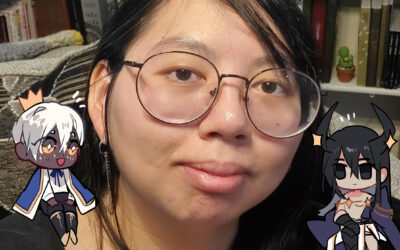
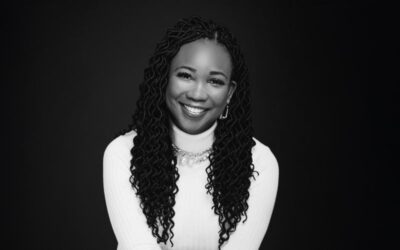
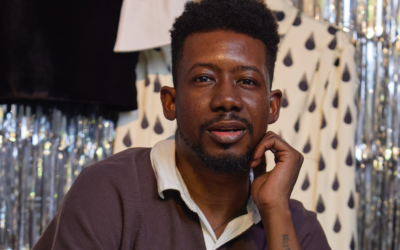
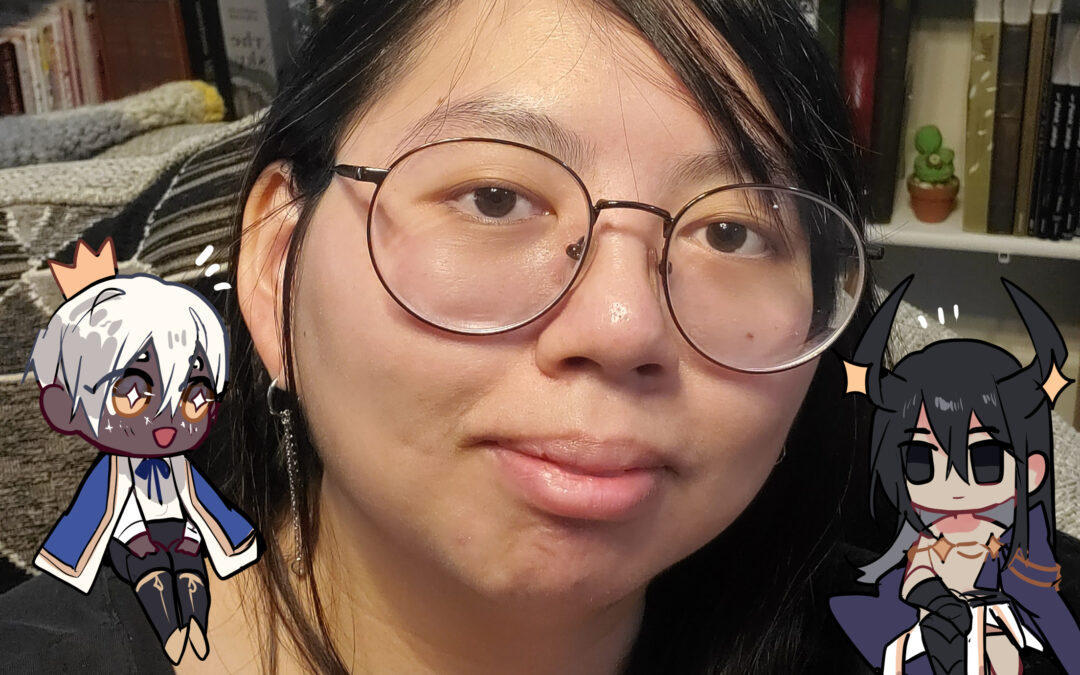
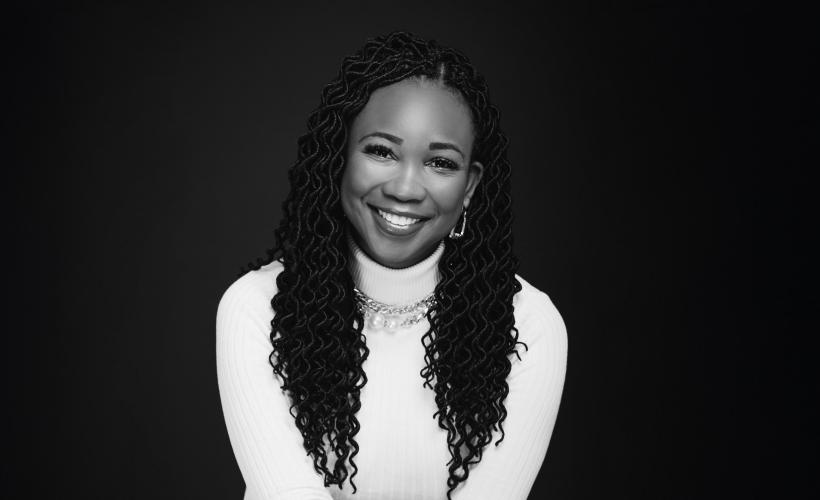
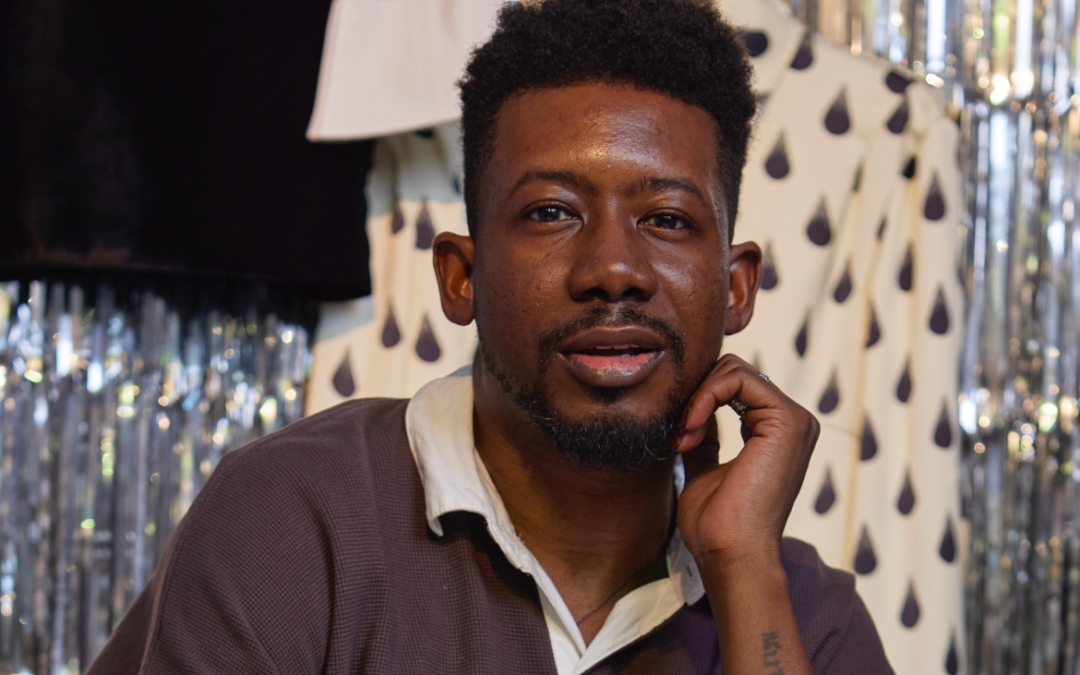
0 Comments